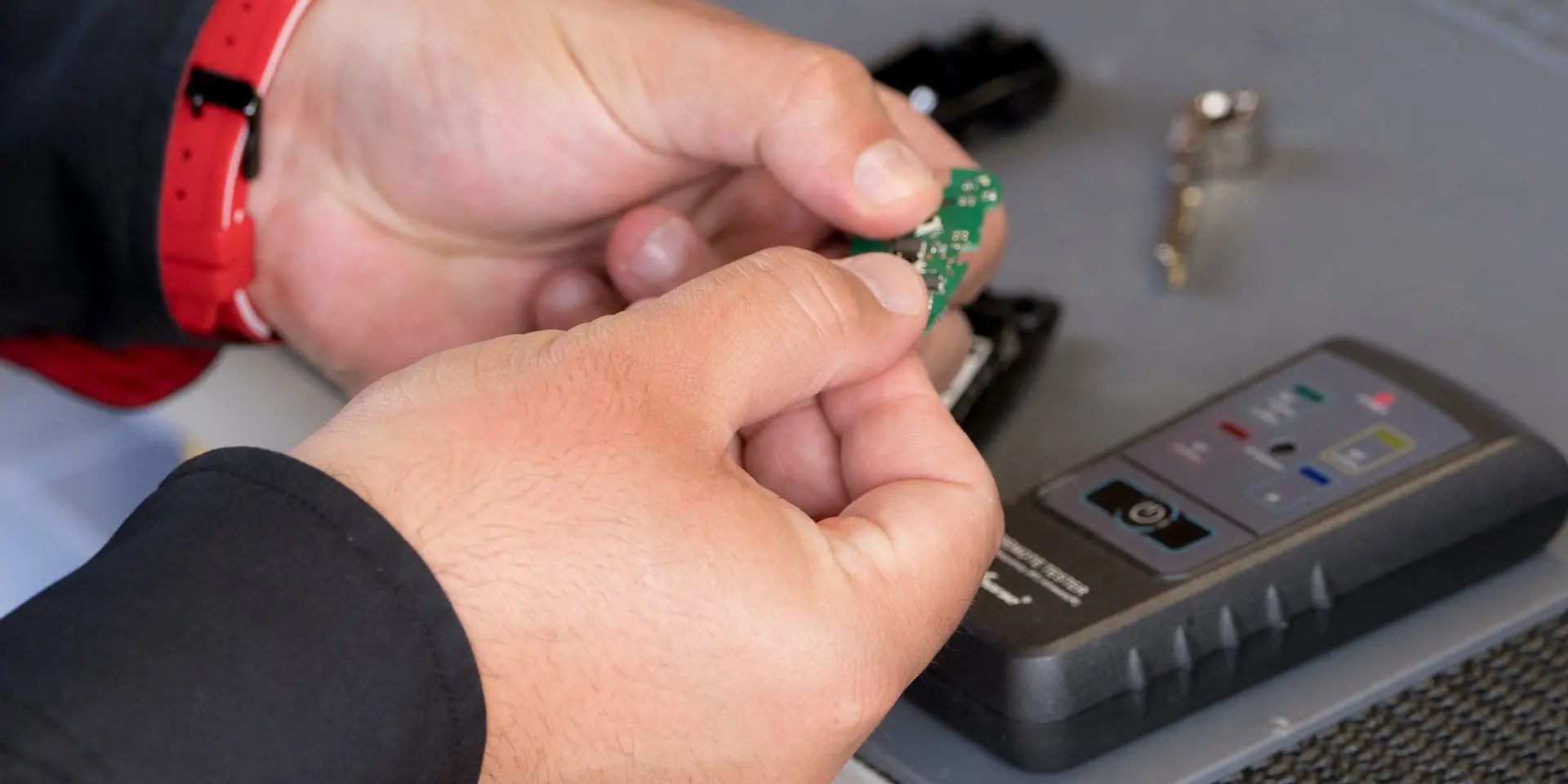Comprehensive Guide to Car Door Lock Repair: Troubleshooting and Solutions
The stability and functionality of a vehicle's door locks are important for both the security of the car and the safety of its occupants. Car door locks can experience a range of problems, varying from minor mechanical glitches to complete failures. This short article seeks to offer a helpful introduction of car door lock repair, detailing common issues, diagnostic procedures, and solutions.

Comprehending Car Door Locks
Before delving into repair treatments, it is essential to comprehend the elements of a typical car door lock. There are 2 primary types of locks: mechanical and electronic.
Parts of a Car Door Lock System
- Lock Cylinder: The part where the key is placed.
- Latches: Mechanisms that hold the door shut.
- Actuator: Electric motor in electronic locks that helps in locking and unlocking.
- Linkage: Connects the lock cylinder to the lock.
- Remote Key Fob: In electronic systems, this is used to lock and unlock the doors from a range.
Typical Issues with Car Door Locks
Car door locks can fail for a plethora of reasons. Here are some common issues experienced by vehicle owners:
- Sticking or Frozen Locks: Especially in winter, locks can become hard to operate.
- Lock Not Engaging or Disengaging: Both mechanical and electronic locks can deal with concerns where they do not respond to the key or remote.
- Key Jams: The key might get stuck in the lock, making it difficult to lock or unlock the door.
- Remote Malfunction: In electronic systems, the key fob may not work due to battery concerns or programming issues.
- Physical Damage: Vandalism or mishaps can damage the lock system.
Troubleshooting Car Door Lock Issues
When a car door lock is not working properly, it is very important to identify the issue properly before continuing with a repair. Below are steps that can assist fix the concern:
Step-by-Step Troubleshooting
Visual Inspection:
- Check the door lock and surrounding elements for visible damage.
- Take a look at the key for wear and tear.
Check the Key:
- If the lock is sticking or not engaging, try using an extra key if offered.
- Make sure the key is clean from dirt and particles.
Inspect the Actuator:
- Listen for any sounds when pressing the key fob. A clicking noise might suggest a malfunctioning actuator.
Inspect Door Wiring:
- Check the wiring that links the door lock to the vehicle's electrical system.
- Look for detached or frayed wires.
Temperature level Influence:
- If the lock is sticking in cold weather, apply lithium grease to help lube the mechanism.
Fixing Common Door Lock Issues
Once the problem has actually been diagnosed, the repair can start. Here are some typical repair techniques for numerous problems:
Fixing a Sticking or Frozen Lock
- Cleaning: Use a graphite lube or silicone spray to clean and oil the mechanism.
- Heating: If frozen, use a hairdryer to warm the area around the locking mechanism carefully, preventing getting too hot.
Repairing a Lock Not Engaging/Disengaging
Lock Cylinder Replacement:
- If the lock cylinder is worn, think about changing it. This typically includes spying off the door panel to access the lock mechanism.
Actuator Replacement:
- For electronic locks, if the actuator is faulty, it will require replacement. Make certain to disconnect the battery before trying this repair.
Fixing a Jammed Key
- Extraction Tool: If a key is stuck, utilize a pair of needle-nose pliers to gently pull it out, or a key extractor.
- Lock Lubrication: Apply a small amount of lube to reduce the procedure.
Remote Key Fob Malfunction
- Battery Replacement: Most remotes have changeable batteries. Follow the producer's guidelines to replace the battery.
- Reprogramming: Sometimes, the remote requirements to be reprogrammed. Refer to the vehicle's manual for steps to reprogram the key fob.
Physical Damage Repairs
- Door Lock Assembly Replacement: If the lock is physically harmed, complete replacement of the lock assembly might be needed.
- Professional Help: If not sure about DIY repairs, look for help from a qualified mechanic.
Upkeep Tips for Car Door Locks
To prolong the life of car door locks, routine upkeep is vital. The following practices can assist preserve optimal efficiency:
- Regular Lubrication: Apply suitable lubricant to the locks every couple of months.
- Keep Keys Clean: Regularly clean the car keys to prevent dirt buildup.
- Avoid Excessive Force: Do not use extreme force when locking or unlocking; this can cause damage in time.
- Look for Signs of Wear: Be mindful to any changes in the lock's performance and address problems immediately.
FAQs about Car Door Lock Repair
Q: How can I inform if my door lock is broken?A: Common
signs include the lock not engaging or disengaging, a jammed key, sounds from the door when using the key fob, or visible damage to the lock assembly.
Q: Can I repair a car door lock myself?A: Yes, many easy concerns can be resolved by following the fixing actions in this article, but complicated concerns might require professional help. Q: What kind of lube need to I use for my locks?A: It is best to utilize graphite powder or silicone-based lubricants given that oil can attract dirt and grime. Q: How much does it usually cost to replace a car door lock?A: The cost can differ extensively based upon the vehicle's make and model, but common replacement expenses
can range from ₤ 100 to ₤ 300, consisting of labor. Car door lock repair can seem complicated, but comprehending the elements and common problems can make the process much more manageable. Whether tackling little repairs yourself or looking for professional help for more significant problems, keeping the door locks functioning appropriately is important for vehicle security and safety. Routine upkeep and timely attention to issues can considerably extend the life of your car's locking system.


